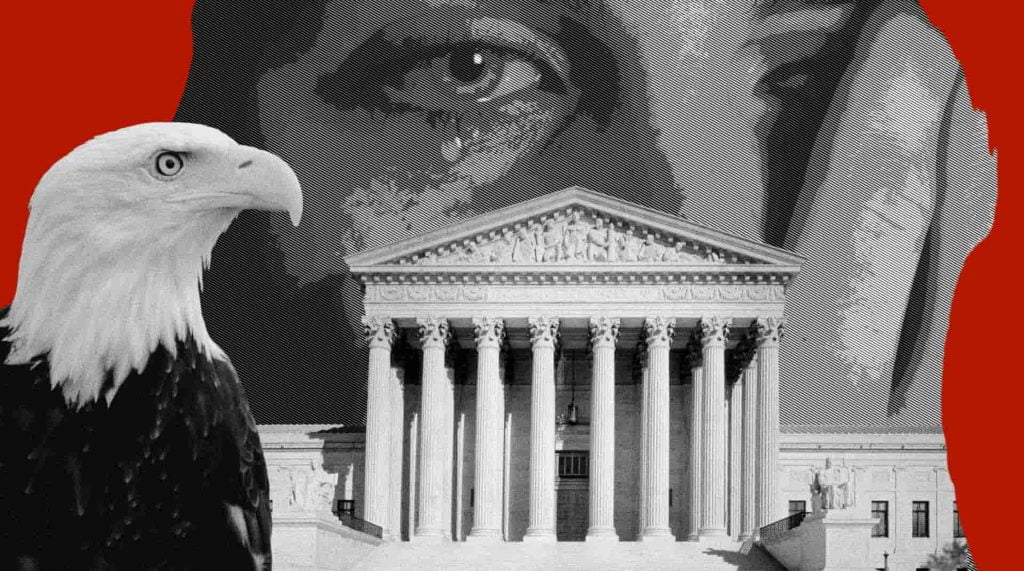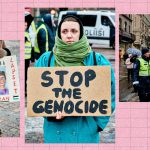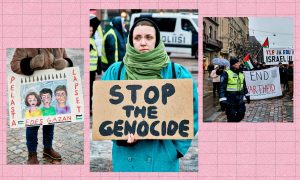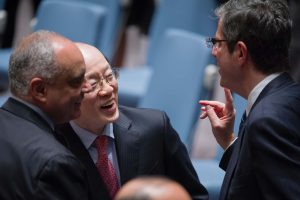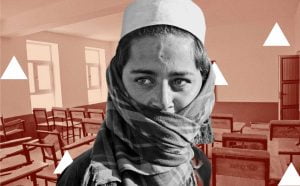The United States Supreme Court ruled on January 22, 1973, that under the Due Process Clause of the Fourteenth Amendment, a person’s choice on whether or not to have an abortion was protected in the United States and could not be criminalized. This constitutional right would stand for nearly 50 years and result in safer abortion procedures and reproductive healthcare that saved lives across the nation.
While the developing decision was leaked prior to its final release, Roe v. Wade was officially overturned by the U.S. Supreme Court on June 24, 2022, marking the erasure of progress for human reproductive rights in the U.S. and leaving the decision of legalizing abortion up to the states.
What happens now?
With Roe v. Wade being overturned, certain states have taken immediate action to ban or apply restrictions on abortion, such as Oklahoma, Utah, and Texas, with others are following close behind. To ease the growing anxiety concerning other U.S. constitutional rights, the Opinion of the Court has emphasized:
“… our decision concerns the constitutional right to abortion and no other right. Nothing in this opinion should be understood to cast doubt on precedents that do not concern abortion.”
Despite this statement, worries continue to grow after the opinion of Justice Thomas was released calling for future reconsideration of “all” due process precedents such as Obergefell (same-sex marriage), Griswold (contraception), and Lawerence (same-sex relations) with others like Justice Alito supporting this suggestion. So while the Opinion of the Court highlights their decision as solely concerning abortion rights, the future undoing of other U.S. constitutional rights was indeed a part of the discussion.
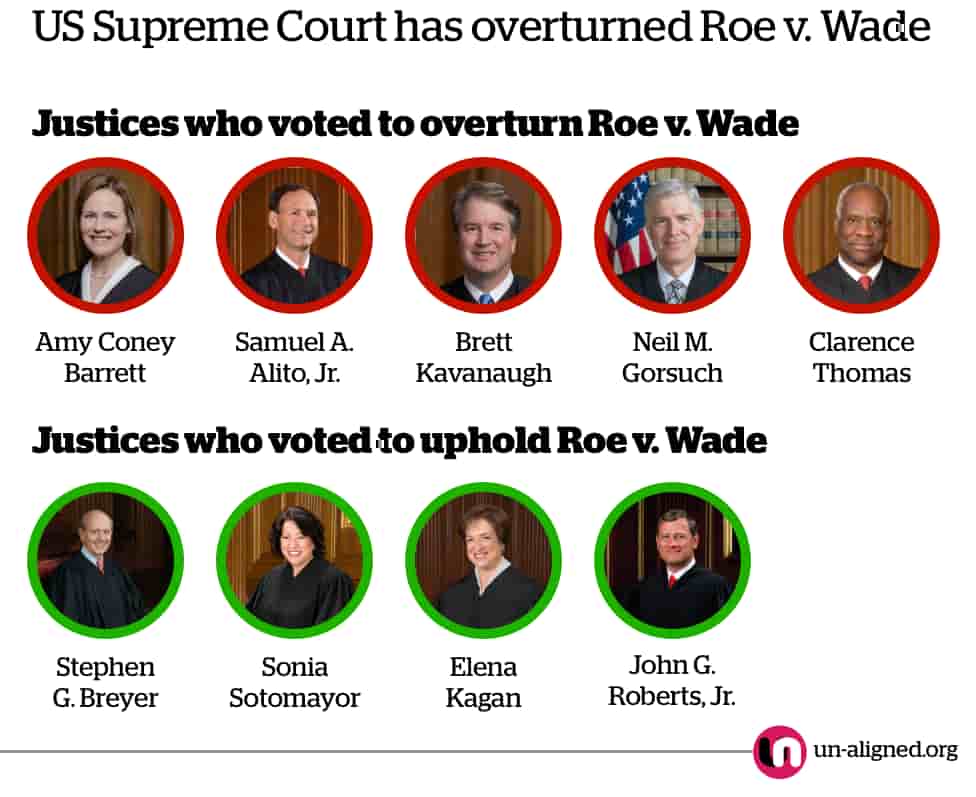
How are pregnant individuals impacted?
In overturning Roe v. Wade, the responsible justices have failed to acknowledge how the right to reproductive healthcare like abortion impacts the lives of communities across the nation.
With the ban or restriction on abortion rights in different states, the U.S. can expect a massive shutdown of abortion clinics throughout the country. These shutdowns include decreased funding for free/ low-cost abortions, travel expenses, and the lack of accessibility to safe abortion procedures. In the case where one is unable to travel out of state for an abortion, pregnant individuals may turn to life-threatening abortion procedures or continue with their pregnancy which may result in struggles for both parent and child in the future.
Today, where the U.S. Constitution no longer protects the right to an abortion, the mental and physical health of pregnant people throughout the nation can be expected to deplete along with increased death and injury rates.
What does this mean for marginalized communities?
Marginalized communities in the U.S. who already struggle with access to proper healthcare, such as people of color, immigrants, individuals experiencing houselessness/ low-income situations, the LGBTQIA+ community, and individuals with disabilities, will face intensified hardships under bans or restrictions on abortion care, especially where these identities overlap.
While some leaders have taken action to protect abortion rights in their states, it is important to call attention to the pregnant individuals who will not receive the same access to reproductive healthcare in their location.
What is next?
The overall decision to overturn Roe v. Wade has unfortunately opened doors for the future recall of other human rights protected by the U.S. constitution, such as marriage equality and contraception. Moving forward, we must support those whose rights have been unfairly stripped away by pushing all levels of the government to strive for policymaking that works for and not against the lives of impacted communities.



